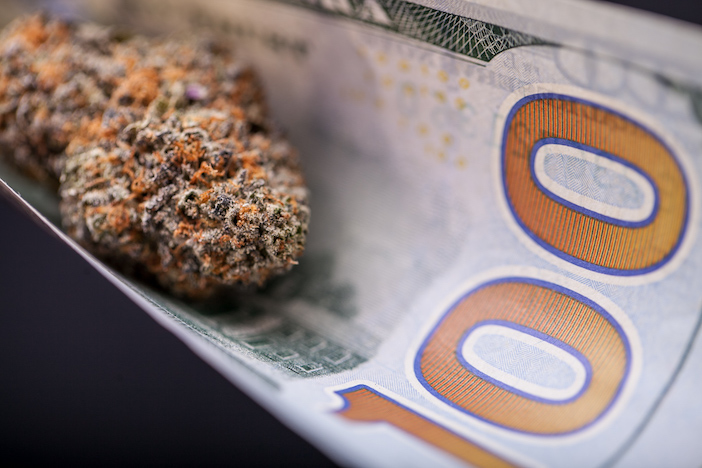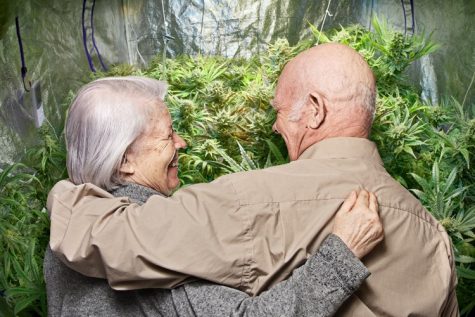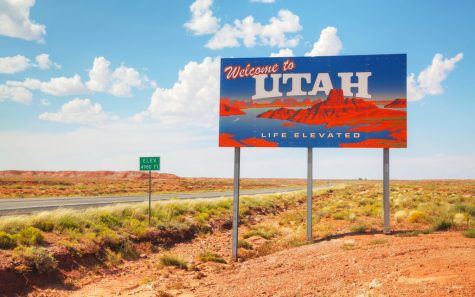California may lower social cannabis taxes to compete with the black market
A group of California lawmakers has introduced a bill to reduce state cannabis taxes in an effort to compete with the illicit market. Taxes would be reduced for growing and selling cannabis for a three-year period.
Several of California’s legal cannabis license holders have claimed they can’t compete because of the high state and local taxes. This new legislation would cut state excise tax from 15 percent to 11 percent and suspend the cultivation tax that charges $148 per pound.
“Criminals do not pay business taxes, ensure consumers are 21 and over, obtain licenses or follow product safety regulations,” said Assemblyman Tom Lackey (R-Palmdale), one of five legislators pushing the bill. “We need to give legal businesses some temporary tax relief so they do not continue to be undercut by the black market.”
Cannabis cultivators say the excise and growers taxes are a burden when combined with local taxes adopted by cities and counties. Some counties can have sales taxes as high as 9.2 percent. Combined, tax rates can raise the price of cannabis as much as 45 percent.
Industry leaders have come out to say this is a huge disadvantage given the state will start charging a $1,000 license processing fee soon.
Hezekiah Allen, executive director of the cannabis trade group California Growers Association, said the temporary tax suspension could potentially help level the playing field between the legal and black cannabis markets.
“This a huge step in the right direction,” Allen said. “Right now, thousands of California businesses are struggling with one-time costs of regulatory compliance. These businesses are at a significant disadvantage to unregulated operators who are continuing to operate in the unregulated market and are not incurring their costs.”
California voters approved a 15 percent tax with Proposition 64, but the Legislature doesn’t have to go back to the ballot to reduce that rate. The measure includes language allowing the body to amend the tax by way of a two-thirds vote as long as it furthers the true intent of the measure, which many say is to reduce the cannabis black market.













